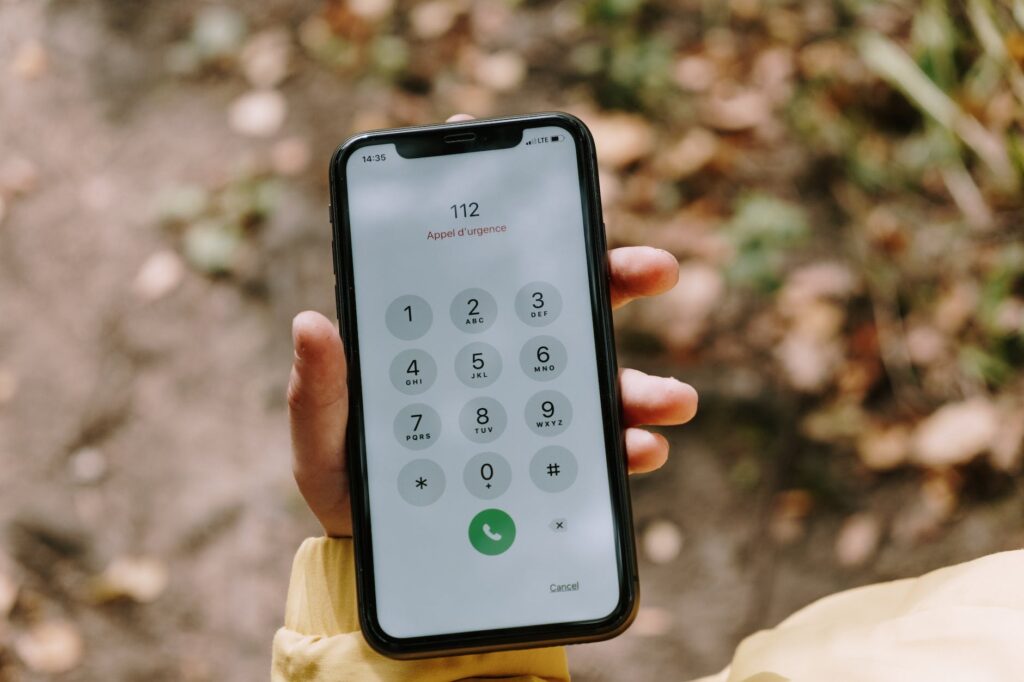
Introduction
In a life-threatening emergency, knowing what to do can be the difference between living and dying. The key is staying calm, focused and ready to help others if possible. In this article, Dr. Michael Hilton will cover some of the most common types of emergencies and how best to handle them.
Call 911 or other emergency services immediately!
If you are in a life-threatening emergency, call 911 immediately! Don’t wait to call 911 if someone’s heart has stopped beating or they’ve suffered a major injury such as head trauma. If you have an illness or injury that isn’t life threatening, but requires medical attention, don’t hesitate to call your doctor’s office and explain the situation.
In an emergency situation you should react quickly but rationally
In an emergency situation, you should react quickly but rationally. It’s important not to panic and make decisions you will regret later. Make sure your loved ones understand what is happening and tell them where you are going if possible. If there is time for it, try to stay calm so that others around you can do the same thing!
Breathe.
If you’re in an emergency situation and are feeling out of control, take a moment to breathe. Try to focus on your breath and slow down your rate of breathing. Breathe in deeply through the nose and out through the mouth. This will help calm you down and keep panic at bay.
Move away if you can do so safely.
If you can, move away from the fire. Stay alert for any changes in the situation and move again if necessary.
If you are unable to get out of harm’s way, stay where you are and protect yourself from flying debris with a blanket or coat.
Be prepared for a life-threatening emergency by having an emergency plan and several types of assistive devices on hand.
If you have a life-threatening emergency, such as cardiac arrest or stroke, it is important to have an emergency plan in place. Your plan should include the following:
- An out-of-hospital cardiopulmonary resuscitation (CPR) course so you can perform chest compressions on someone who has stopped breathing or whose heart has stopped beating
- Emergency supplies, such as a first aid kit and several types of assistive devices (such as canes or walkers) to help keep yourself safe during an emergency situation
- The phone numbers of family members and friends who live nearby
A well-prepared home will help keep you safe in an emergency situation.
- A well-stocked pantry. Make sure you have enough food and water to last at least three days, including pet food and water. Store items in an easily accessible location so that they can be grabbed quickly in an emergency situation.
- A first aid kit. You should have a first aid kit that includes bandages, gauze pads, scissors and tweezers at home or work (and in your car). Make sure it’s stocked with any medications you take on a regular basis as well as any medical conditions you have or medications prescribed by your doctor(s). You’ll also want to include some over-the-counter pain relievers such as ibuprofen or acetaminophen if possible–they may come in handy later!
Conclusion
It is important to know what to do in an emergency situation and how to prepare for one. The tips above will help you save lives, but it’s also important that you know what kind of equipment your home needs and where it can be accessed when needed most.